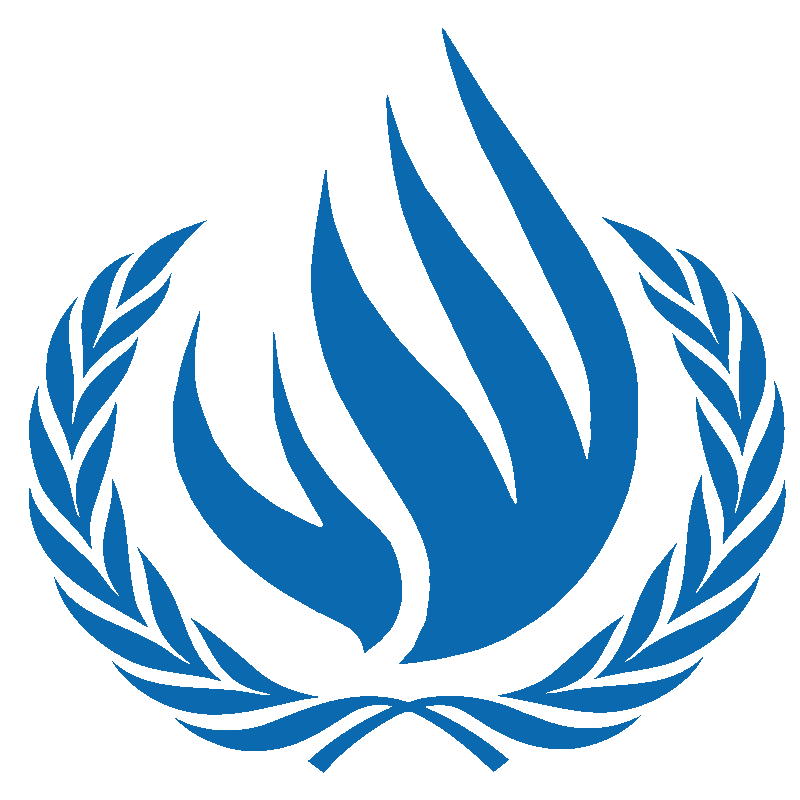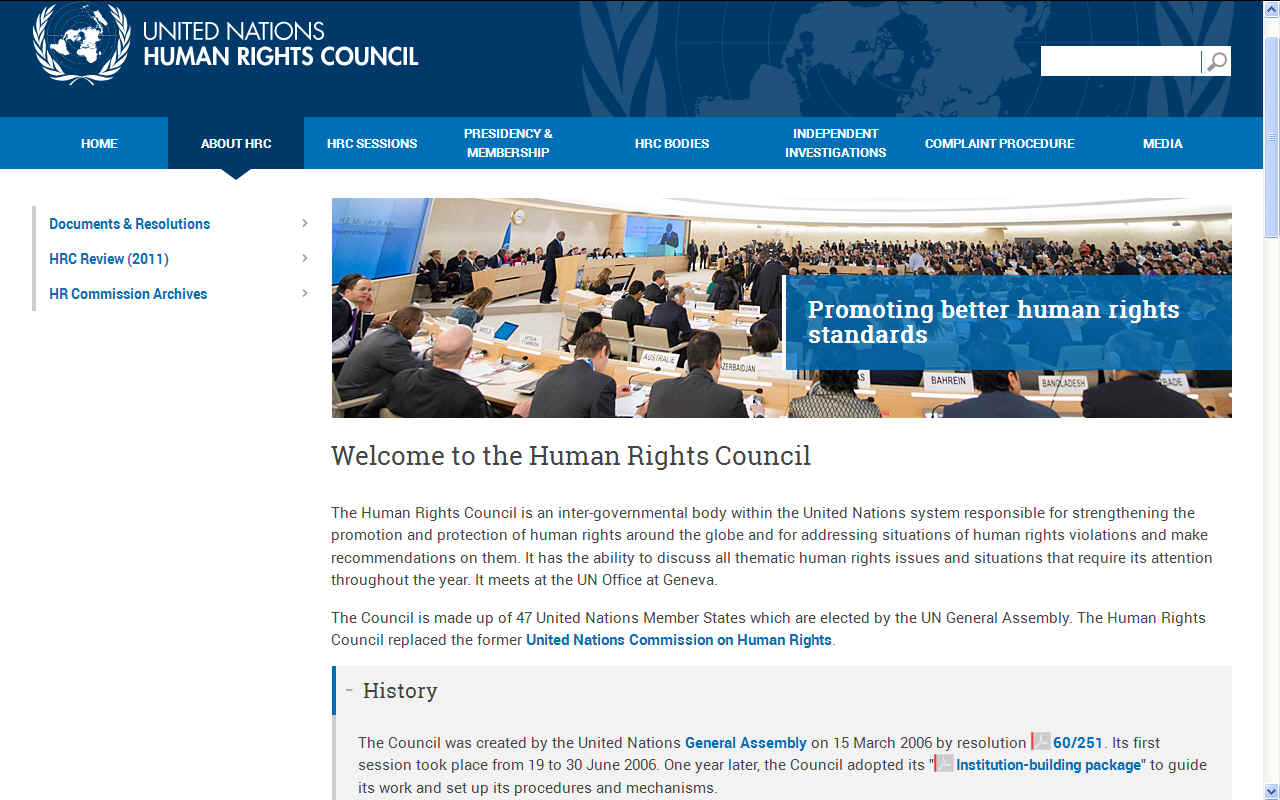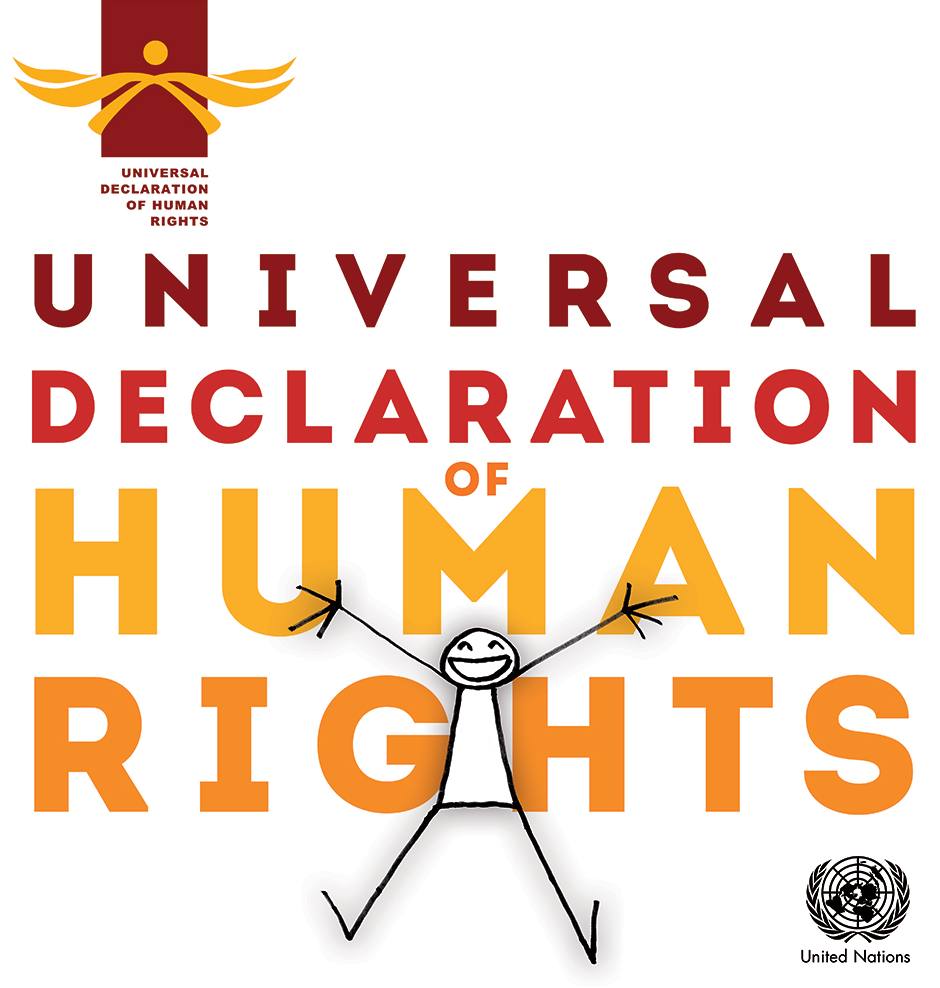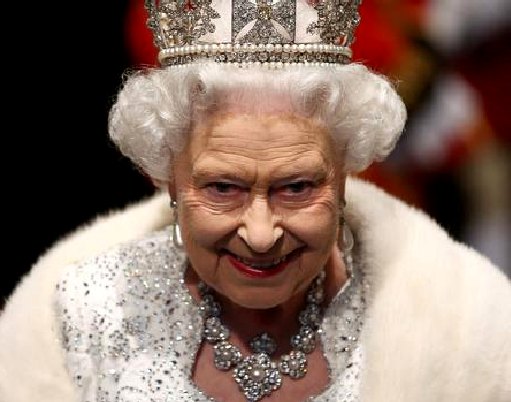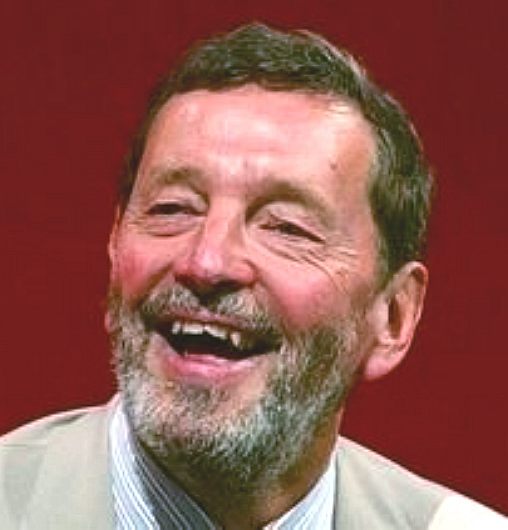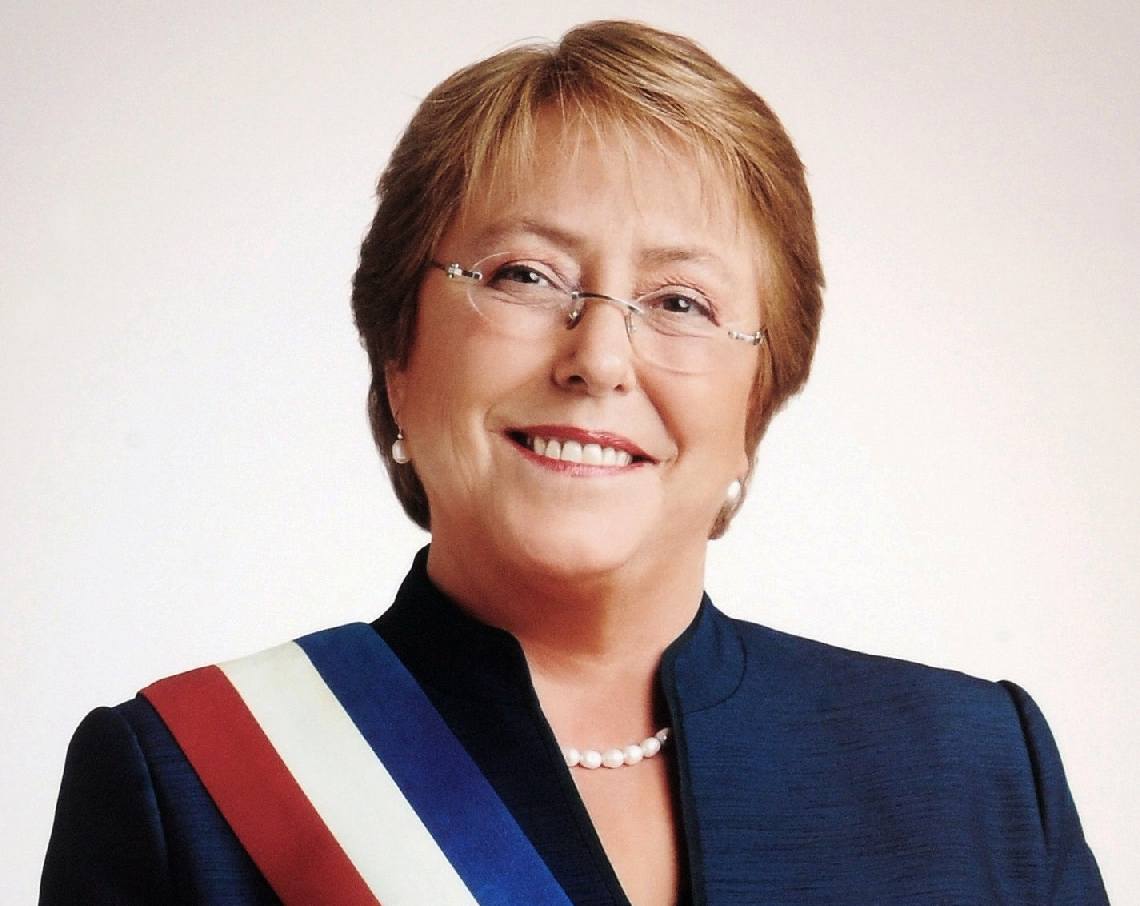|
HOME | CASE STUDIES | HISTORY | LAW | POLITICS | RIGHTS | SITE INDEX
|
||||||||||||
|
The Human Rights Council is an inter-governmental body within the United Nations system responsible for strengthening the promotion and protection of human rights around the globe and for addressing situations of human rights violations and make recommendations on them. It has the ability to discuss all thematic human rights issues and situations that require its attention throughout the year. It meets at the UN Office at Geneva.
MANDATE
The mandate of OHCHR derives from Articles 1, 13 and 55 of the Charter of the United Nations, the Vienna Declaration and Programme of Action and General Assembly resolution 48/141 of 20 December 1993, by which the Assembly established the post of United Nations High Commissioner for Human Rights. In connection with the programme for reform of the United Nations (A/51/950, para. 79), the OHCHR and the Centre for Human Rights were consolidated into a single OHCHR on 15 September 1997.
LINKS & REFERENCE
https://en.wikipedia.org/wiki/Office_of_the_United_Nations_High_Commissioner_for_Human_Rights https://www.ohchr.org/EN/HRBodies/HRC/ComplaintProcedure/Pages/HRCComplaintProcedureIndex.aspx
UNIVERSAL DECLARATION OF HUMAN RIGHTS
EUROPEAN
CONVENTION OF HUMAN RIGHTS Article 11
Article 13 Article 16
LEAD CASE: DISCRIMINATION & INEFFECTIVE REMEDY - In the case of Nelson Kruschandl v Sussex Police and Wealden District Council, The British Governments of the United Kingdom has/have been in violation of several of the above articles since 1982, with another milestone passed in 1987 and a further major obstacle to personal development and potential in 2008 with the employment of the Sexual Offences Act 2003. Since that time Articles 1 and 8 of the UN Universal Declaration have been violated in that in Britain Article 13 of European Convention has been deliberately omitted from the Human Rights Act 1998 - for the express purpose of undermining, holding back and preventing the personal development potential of certain citizens who challenge the present system whereby the ordinary man is a slave to financial institutions, the landed gentry, the councils, courts and reviewers who serve them in a modern Britain with lesser overtly exploitive opportunities than their Empire days.
In furtherance of Her Majesty Queen Elizabeth Windsor's Government' objectives, Legal Aid funding to be able to mount any kind of fully argued trial defence or appeal against wrongful conviction, has been trimmed to the bone - such as to have the appearance of a functional justice system - but that in fact the British justice system is fatally flawed on several counts, including the violation of one of the most basic of Human Rights, to be treated as innocent in any court of law, until proven guilty.
In the United Kingdom there is no right of appeal. Instead the UK filters cases using a Single Judge. Where there is any confusion, or where a case is not fully argued on application for leave, an appellant has no remedy. This is because there is no way of challenging any procedural flaws - and indeed - the appellant in this case had no way of knowing that his barrister had not fully presented or argued his case or what the correct procedure was where he was a prisoner at that time - and in HMP Lewes, HMP Maidstone, HMP Bure and other UK Prisons, prisoners are not allowed access to the internet to be able to conduct research themselves.
The only avenue to an appeal court after such irregularity under British law is via the Criminal Cases Review Commission, an institution that openly defends the right to "take a view", a right endorsed by three Judges on application for a Judicial Review, even where taking a view is an Article 14 violation of the ECHR and an Article 7 violation of the UDHR.
Where the European Court holds that there is an effective remedy in the UK, or otherwise refuses to provide an explanation as to striking an application some four years after lodging in 2009, it must be that the ECHR hold that the appellant has a right to petition the King, presumably also including the right to petition the Queen of England as acting Head of State without interference from the State.
"Right to petition: That it is the Right of the Subjects to petition the King and all Commitments and Prosecutions for such Petitioning are Illegall."
That this may or may not be seen as an effective remedy is to be tested and the subject of letters to the perpetrators' Sussex Police, letters of complaint to the Criminal Cases Review Commission against their Article 7 violations and finally in the last resort by way of communications directly with Her Majesty Queen Elizabeth II or her successors in title in relation to the manipulation of the applicant's Article 11 right to be presumed innocent until proved guilty of any criminal charge, in that under the UK's present laws anyone accused on a sexual offence enters a court of law presumed to be guilty.
David Blunkett - You can laugh David, but we wonder if his Himmler like approach to justice might be linked in some way with his affair in office. Blunkett overhauled 'Victorian' sex offences legislation in 2002, which modernised the sex offences laws dramatically in relation to same-sex and related issues by sweeping away the archaic laws governing homosexuality, while tightening protections against rapists, paedophiles and other sex offenders. The act closed a loophole that had allowed those accused of child rape to escape punishment by arguing the act was consensual and a new offence of adult sexual activity with a child, which covers any sex act that takes place between an adult and a child under 16, was introduced. It was supported by all major political parties in the UK.
But we wonder if they knew that Article 6 of the ECHR and Article 11 of the Universal Declaration of Human Rights was being violated in enacting this legislation, where the accused is presumed to be guilty as charged - instead of innocent - as they enter the court. This also means that in the UK persons aged under 16 and over 13 are presumed to be more stupid than their counterparts in other countries, whereas in other EU states they are known to be intelligent enough to give consent, even to marry. Clearly, such a proposition is perverse. British thirteen years olds are just as street wise and intelligent as their international cousins. But they no longer have the right to choose to found a family, as those in other countries do - a potential violations of Article 16, dependent of the definition of the natural laws or biology versus the words of the lawmakers. The lawmakers have removed the right to procreate as nature intended, presumably to produce the fittest offspring for the best chance of survival.
Judging by his manipulation and interpretation of the Universal Declaration, we wonder if Lord Blunkett is the stupid one? We'd like to hear from you on this one your Lordship. If that is you have the gumption to reply to this allegation. Rest assured that your views will be fairly represented in the interests of transparency and the pursuit of justice.
Verónica Michelle Bachelet Jeria
- is a Chilean politician who served as President of Chile from 2006 to 2010 and again from 2014 to 2018, the first woman to occupy the position. After leaving the presidency in 2010 and while not immediately reelectable, she was appointed the first executive director of the newly created United Nations Entity for Gender Equality and the Empowerment of Women (UN Women). In December 2013, Bachelet was reelected with over 62% of the vote, bettering the 54% she obtained in 2006. She was the first President of Chile to be reelected since 1932.
Article 1. All human beings are born free and equal in dignity and rights
Article 2. Everyone is entitled to all the rights and freedoms set forth in this Declaration
Article 3. Everyone has the right to life, liberty and security of person
Article 4. No one shall be held in slavery or servitude
Article 5. No one shall be subjected to torture or to cruel, inhuman or degrading treatment
Article 6. Everyone has the right to recognition everywhere as a person before the law
Article 7. All are equal before the law without any
discrimination with equal protection of the
law.
Article 8. Everyone has the right to an
effective remedy
Article 9. No one shall be subjected to arbitrary arrest, detention or exile
Article 10. Everyone is entitled to a fair and public hearing
by an independent and impartial tribunal of any criminal charge against him
Article 11. Everyone has the right to be
presumed innocent until proved guilty
of a criminal charge
Article 12. No one shall be subjected to
arbitrary interference with his
privacy, family, home or correspondence, nor to attacks upon his
honour and reputation
Article
13. Everyone has the right to freedom of movement and residence
within the borders of each state
Article 14. Everyone has the right to enjoy asylum from persecution
in other countries
Article 15. Everyone has the right to a nationality
Article 16. Men and women of full age have the right to marry and to found a family.
Article 17. Everyone has the right to own property
Article 18. Everyone has the right to freedom of thought, conscience and religion
Article 19. Everyone has the right to freedom of opinion and expression
Article 20. Everyone has the right to freedom of peaceful assembly and association
Article 21. Everyone has the right to take part in the government of his country
Article 22. Everyone, as a member of society, has the right to social security
Article 23. Everyone has the right to work, to free choice of employment
Article 24. Everyone has the right to rest and leisure
Article 25. Everyone has the right to a standard of living adequate for the health and well-being of himself and of his family
Article 26. Everyone has the right to education
Article 27. Everyone has the right freely to participate in the cultural life of the community
Article 28. Everyone is entitled to a social and international order in which the rights and freedoms set forth in this Declaration can be fully realized
Article 29. Everyone has duties to the community in which alone the free
Article 30. Nothing in this Declaration may be interpreted as implying for any State, group or person any right to engage in any activity or to perform any act aimed at the destruction of any of the rights and freedoms set forth herein.
|
||||||||||||
|
The Human Rights Act 1998 - Schedule 1 Part I - The Articles - Part II First Protocol - Part III Sixth Protocol
|
